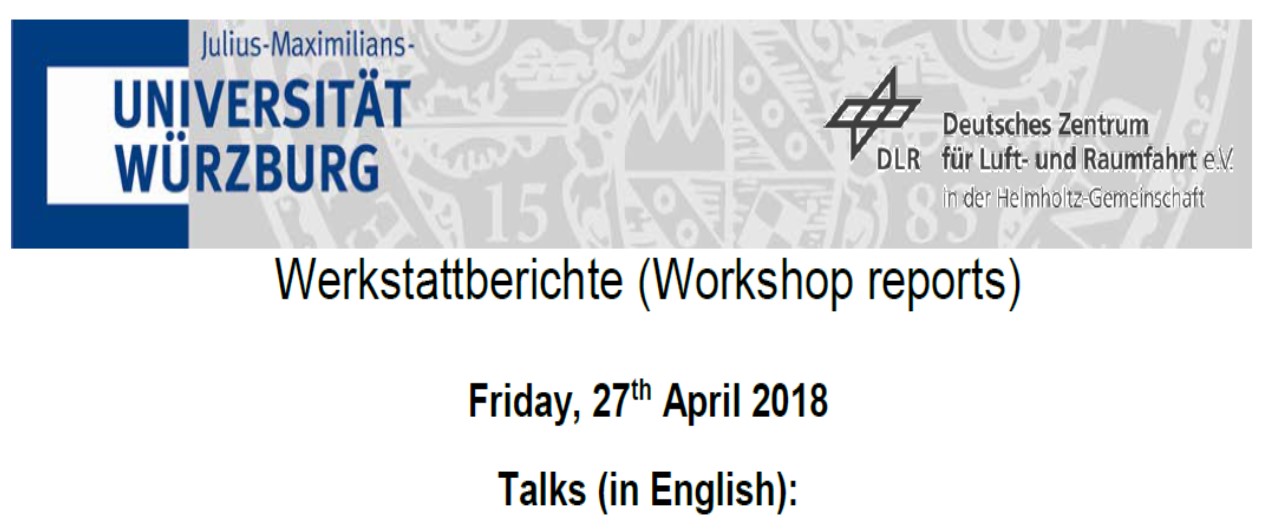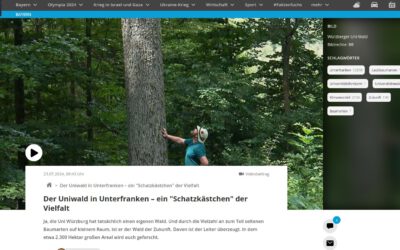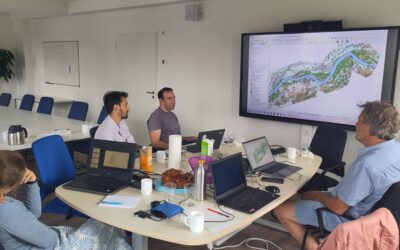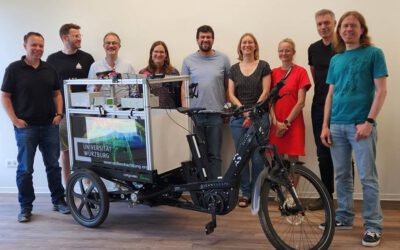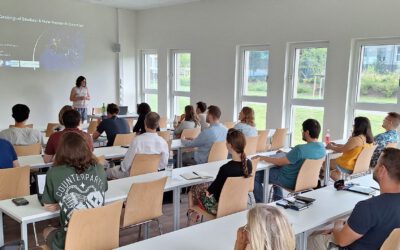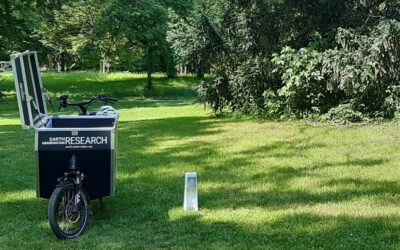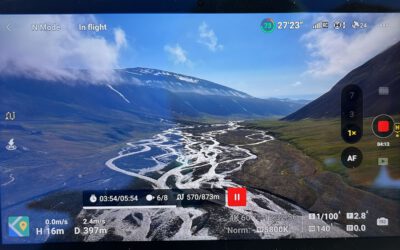We are glad to announcing two upcoming workshop reports at the department for Friday, 27th April 2018. Both presentations will deal with cropland classification and monitoring by using multi-temporal Sentinel-1 and -2 images.
First presentation will be about
Agricultural monitoring using multi-temporal optical and SAR data in a complex cropping zone
by our colleagues Talha Mahmood, Christopher Conrad, Muhammad Usman, and Nima Ahmadian.
Abstract Agriculture is the backbone for Pakistan’s economy, which contributes 21% to the Gross Development Product (GDP) of the country. It also employs 45% of direct and indirect labor and provides the raw materials to main exporting industries such as sugar and textile. The growing population and decreasing per capita resources have increased the importance of this sector many folds. The study area is the Lower Chenab Canal command area, which is one of the main cropping regions of Punjab, Pakistan. The complexity of the study area in terms of cropping pattern and cloudy climate makes it difficult to accurately monitoring the agricultural lands using only optical satellite data. One of the main objectives of launching Sentinel satellites by European Space Agency (ESA) was to monitor agricultural lands in real time. Synthetic Aperture Radar (SAR) data from Sentinel-1 can be used to get ground information in all weather conditions. In this research study, data fusion of optical and SAR images will be done for crop classification, soil moisture estimation, and biomass modeling. Accurate and on-time information on these parameters is very important for planning and managing the already limited resources. The main goal of this research is to come up with methods and solutions to monitor these complex zones timely and accurately using optical and SAR data.
Second presentation will be about
An automated European-wide crop type classification using multi-temporal Sentinel-1 and Sentinel-2 images
by Gideon Tetteh, a guest from Thünen Institute of Farm Economics.
Abstract With the world population increasing at a very fast rate it becomes more pertinent to ensuring that all humans have access to food in order to ensure a healthy living. Food security is indeed one of the reasons why the Sentinel satellites were launched by the European Space Agency (ESA) to ensure the continuous monitoring of agricultural lands in near real-time. At the heart of this research is the development of an automated processing chain that seamlessly combines the dense time-series of Sentinel-1 and -2 images in order to classify different crops in Europe. The main goal of this research is (i) to establish the optimal parameters for segmenting crops in Germany and (ii) to develop a transferable classification scheme that can be applied to datasets of different regions and different times of interest within Europe. Based on the agricultural parcels of the European-wide Land Parcel Identification System (LPIS) of 2016 and all available Sentinel-1 and -2 images from 2015 to 2016, a temporal library with features based on spectral indices and radar polarization ratios for various crops of interest will be created. Feature selection will be done on the temporal library to identify the most significant features for crop segmentation and transfer learning. Once the best segmentation features have been found, the optimal parameters for segmenting crops using the Multiresolution Segmentation (MRS) algorithm will be established for different parts of Germany. Using Dynamic Time Warping (DTW) as the similarity measure, a 1-nearest neighbor (1NN) classifier will be developed based on the best classification features from 2016. It will be applied to datasets from 2017 and then to different geographic regions to respectively test the temporal and spatial transferability of the classifier. The accuracy of the classifier in both cases will be assessed using the confusion matrix approach and entropy-based uncertainty measures.
Presenters: (1) Talha Mahmood, Christopher Conrad, Muhammad Usman, Nima Ahmadian and (2) Gideon Tetteh
Date: Friday, 27th April 2018 Time: 10 – 12 am s.t. Place: Josef-Martin-Weg 52 (1), Campus Hubland Nord, Würzburg
Presentation language: English Slides: English
All interested persons are cordially invited! We are looking forward to seeing you.

